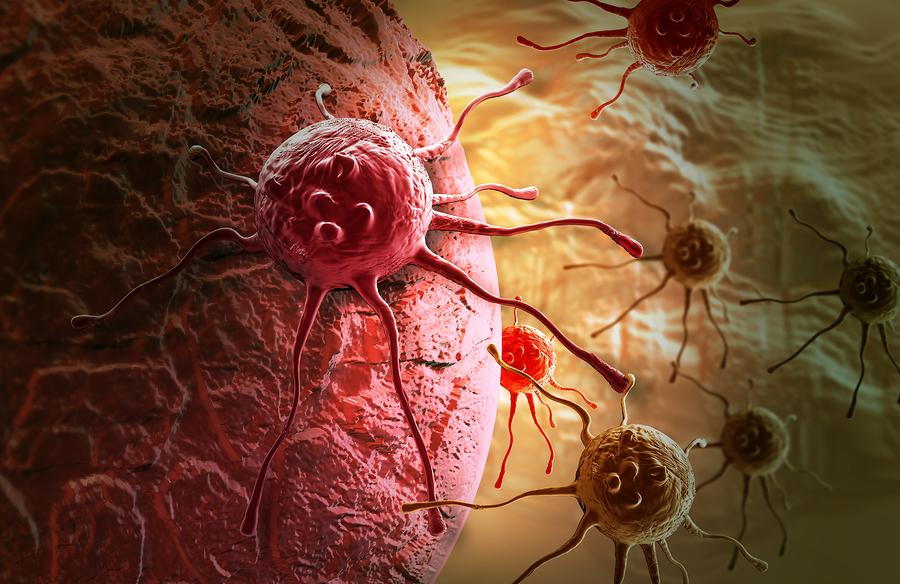Men who are age 40 and older have a special health concern: prostate health. At Greater Austin Urology, diagnosis and treatment of  prostate cancer ranks high on Dr. Lucas Jacomides' list of specialties. Learn more about its symptoms and treatments.
prostate cancer ranks high on Dr. Lucas Jacomides' list of specialties. Learn more about its symptoms and treatments.
What is the prostate?
A man's prostate is the walnut-shaped gland located beneath the urinary bladder and above the rectum. With advancing age, the prostate typically enlarges, causing a condition called Benign Prostatic Hyperplasia.
Details on prostate cancer
The prostate is the site of the second most common male cancer. Only skin cancer outranks prostate cancer in incidence, reports the American Cancer Society. The American Cancer Society elaborates that prostate cancer affects one man out of nine, but caught in its earliest stages, it is highly treatable.
Signs and treatments
Some men exhibit no symptoms of their prostate cancer. However, more typically, these signs and symptoms happen early on in the course of the illness:
- Pain upon urination
- Difficulty urinating (dribbling, incontinence, weak urine stream which starts and stops)
- Erectile dysfunction
- Blood in urine and/or semen
- Pain in the bones of the lower back, hip and leg
- Pain with ejaculation
The American Urological Association recommends yearly screening for prostate cancer with a test called PSA, or Prostate-Specific Antigen. Combined with a DRE, or digital rectal examination, this easy assessment tool accurately pinpoints the presence of prostate cancer as it develops, allowing for the best possible path of treatment and recovery.
When detected, prostate cancer may be treated with any one or a combination of the following strategies:
- Surgery
- Radiation
- HIFU (high-intensity focused ultrasound)
- Hormone therapy
- Chemotherapy
Dr. Jacomides works closely with his prostate cancer patients to arrive at care plans geared toward their specific cancers, age and overall medical health.
Find out more
When it comes to prostate health, remember, it's what you don't know that can hurt you most. So, Dr. Jacomides and the entire team at Greater Austin Urology urge men 50 and older to get their routine screening examinations. Call the office today for your appointment at our Austin office: (512) 540-3937.
